The Future of Europe: Can the EU Lead the Fight against Climate Change?
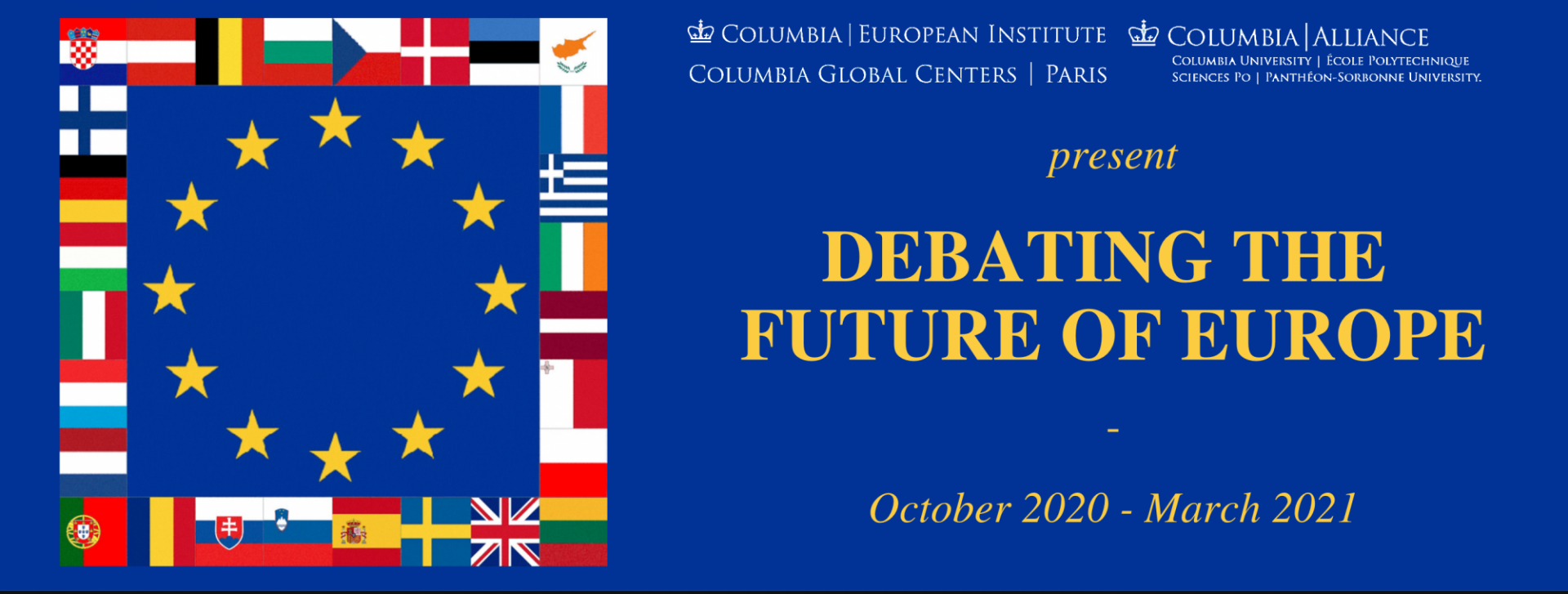
LIVE VIRTUAL DEBATE | 1pm (New York) | 7pm (Paris)
The third session of the "Debating the Future of Europe" series will focus on the European Green Deal. What has been achieved since the launch of the EU Green Deal in December 2019? What is the impact of the Covid crisis on efforts to address climate change? How is the EU partnering with other international actors to fight climate change?
Join Jason Bordoff (SIPA Center on Global Energy Policy, Columbia), Alex Halliday (Earth Institute, Columbia), Enrico Letta (PSIA), and Laurence Tubiana (European Climate Foundation), in a debate moderated by Adam Tooze (European Institute, Columbia).
This discussion is part of the series “Debating the Future of Europe,” organized by Columbia Global Centers | Paris, the European Institute and the Alliance Program.
Co-sponsored by: Columbia Alumni Association,Columbia Maison Française, Columbia University Libraries, the Institute for Ideas and Imagination, European Legal Studies Center at Columbia Law School, Le Grand Continent, La Maison de l'Europe de Paris,and Sciences Po American Foundation. With additional support from the Erasmus + programme of the European Union and the Advisory Board of the Paris Global Center.
SPEAKERS

Jason Bordoff is the Founding Director of the Center on Global Energy Policy at Columbia University SIPA. Bordoff joined the Columbia University faculty after serving until January 2013, as Special Assistant to the President and Senior Director for Energy and Climate Change on the Staff of the National Security Council, and, prior to that, holding senior policy positions on the White House's National Economic Council and Council on Environmental Quality. One of the world's top energy policy experts, he joined the Administration in April 2009. At Columbia's School of International and Public Affairs, Bordoff is a professor of professional practice and serves as founding Director of Columbia University's Center on Global Energy Policy. Bordoff's research and policy interests lie at the intersection of economics, energy, environment, and national security.
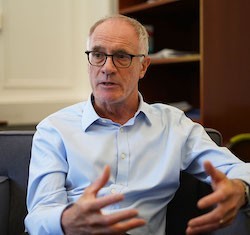
Alex N. Halliday is the Director of Columbia University’s Earth Institute. He joined the Earth Institute in April 2018, after spending more than a decade at the University of Oxford, during which time he was dean of science and engineering. With about 400 published research papers, Halliday has been a pioneer in developing mass spectrometry to measure small isotopic variations in everything from meteorites to seawater to living organisms, helping to shed light on the birth and early development of our solar system, the interior workings of the Earth, and the processes that affect Earth’s surface environment. His scientific achievements have been recognized through numerous awards, including the Murchison Medal of the Geological Society, the Bowen Award and Hess Medal of the American Geophysical Union, the Urey Medal of the European Association of Geochemistry, and the Oxburgh Medal of the Institute of Measurement and Control. He is a Fellow of the UK’s Royal Society and Foreign Associate of the US National Academy of Sciences. His contributions to science and innovation have been recognized with the award of a knighthood in the UK.
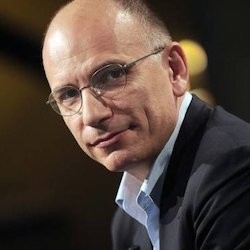
Since 2015, Enrico Letta is the Dean of the Paris School of International Affairs (PSIA) at Sciences Po in Paris and since 2016, the President of the Jacques Delors Institute. In June 2019, Enrico Letta has been appointed President of APSIA (Association of Professional Schools of International Affairs). He was the Prime Minister of Italy (2013-2014). Before he served as Minister for EU Affairs (1998-1999), as Minister for Industry, Commerce and Crafts (2000), as Minister for Industry, Commerce and Crafts and Foreign Trade (2000-2001), and as Undersecretary of State to the Prime Minister of the centre-left government led by Romano Prodi from 2006 to 2008. Between 2001 and 2015, he was Member of the Italian Parliament, excluding between 2004 and 2006 when he was Member of the European Parliament. He was born in Pisa in 1966 and he spent the first years of his life in Strasbourg. He graduated in International Law at the University of Pisa and obtained a PhD in European Union Law at the School for Advanced Studies “Sant’Anna” of Pisa (Italy).
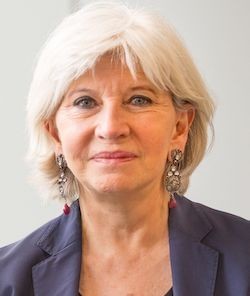
Laurence Tubiana is CEO of the European Climate Foundation (ECF). In addition, she is the Chair of the Board of Governors at the French Development Agency (AFD). Before joining the ECF, Laurence was France’s Climate Change Ambassador and Special Representative for COP21, and as such a key architect of the landmark Paris Agreement. Following COP21, she was appointed High Level Champion for Climate Action by the UN. She brings decades of expertise and experience in climate change, energy, agriculture and sustainable development, working across government, think tanks, NGOs and academia. She started her career as a Research Director for the French National Institute for Agricultural Research (INRA). In the 80’s and early 90’s she founded and then led Solagral, an NGO working on food security and the global environment. She founded in 2002 and directed until 2014 the Paris-based Institute of Sustainable Development and International Relations (IDDRI). From 1997 to 2002, she served as Senior Adviser on the Environment to the French Prime Minister Lionel Jospin. From 2009 to 2010, she created and then led the newly established Directorate for Global Public Goods at the French Ministry of Foreign Affairs (MAE). In 2013, she chaired the French National Debate on the Energy Transition. In 2018, President Macron appointed her to France’s High Council on Climate Change.
MODERATED BY
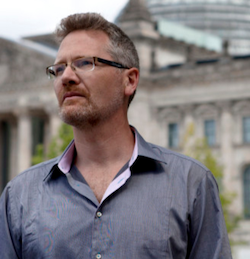
Adam Tooze holds the Shelby Cullom Davis chair of History at Columbia University and serves as Director of the European Institute. He teaches and researches widely in the fields of twentieth-century and contemporary history. From a start in modern German history with a special focus on the history of economics and economic history his interests have widened to take in a range of themes in political, intellectual and military history, across a canvass stretching from Europe across the Atlantic. His most recent book was Crashed: How a Decade of Financial Crises Changed the World (2018). In 2019, Foreign Policy Magazine named him one of the top Global Thinkers of the decade.
ABOUT THE SERIES
From October 2020-March 2021, the “Debating the Future of Europe” series presents twelve online programs on six important questions facing Europe today:
Oct 6/13: How Can Europe Achieve Social Justice?
Nov 10/17: Are Europe and America Drifting Apart?
Dec 8/15: Can the EU Lead the Fight Against Climate Change?
Jan 19/26: Is Europe Democratic?
Feb 2/9: Is There a European Identity?
Mar 2/9: Can Europe Be Sovereign?
The six issues are explored in two programs apiece, an interview in French followed a week later by a moderated discussion in English. The twelve programs feature a mix of leading scholars from Columbia who specialize on European affairs and prominent creative writers, intellectuals, scholars, and journalists from the EU.
